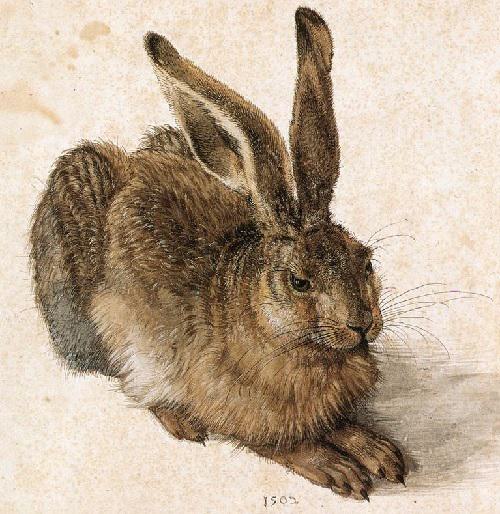This article first appeared in The Catholic Herald.
Truffle was our family dog for a little over fourteen years. A liver and white cocker spaniel from working stock, he was larger than most members of his breed. Having been the runt of his large litter, he gave us no choice when it came to choosing him. Our ten year old daughter sat down, rapt in puppy heaven, to discern among the wriggling contenders, and Truffle, his eyes barely open, crawled over to her and started to lick her hand. She picked him up, and he went to sleep in her arms: love at first snore. His mother’s owners moved the other puppies down the feeding line to give Truffle the best milk, and he put on a huge growth spurt, outstripping all his brothers and sisters.
Before I go on, I should say that I am writing this in order to assuage the pain of holding him as he was finally put to rest. Gone was the bouncy rascal that justified his kennel-club sobriquet “Mask of Zorro,” and in his place had come, long after we expected it, a shuffling old hound suffering from complete incontinence. The dog that had lit up a little girl’s life, caused no end of trouble with his importunate habit of hounding all and sundry for snacks, and finally been a hugely comforting presence to us during five difficult years, had reached the end of the road.
I am fully aware, pace St. Thomas, that animals do not have rational souls. However, being English and a purveyor of the empirical method, I have to conclude that dogs, at least, have souls of a different kind. They have irrational souls, located in their tummies. Nothing that lodges in the digestive system could possibly be called rational. But that doesn’t mean there isn’t something here which inheres in the supra-physical, even supernatural plane. As my husband used to say, animals play a role in the rich tapestry of creation which surely cannot be obliterated in the sands of time. This is particularly true of those family pets who have interacted in many and mysterious ways with their owners - or ‘their humans,’ as the politically-correct prefer to call it. Not that a dog cares for political correctness: that’s more of a feline thing. A dog just cares for you. His love is unconditional. He is a harbinger of grace: a divine wink that says ‘all shall be well, all manner of thing’. With one wag of his tail the dog wipes away misery. With one illicit application of his over-large paws he marks you out as worthy. He tolerates no scruples when it comes to your place in the pack.
I like to say that it was our dog who taught me to pray. Hold a tasty treat up in front of a sitting dog, watch his or her eyes glue themselves to the target, and you know what I am talking about. Total attention, incapable of distraction, moves the canine head in sync with your hand. If we fastened the eyes of our souls with half as much determination on the person of Christ, we’d all be saints. Next time you go to Eucharistic Adoration, your marthaesque head full of teeming distraction, just pretend to be a dog. The Creator made these creatures for a reason.
After all, what did Our Lord do, in order that we might keep close to him? He could have chosen anything to make a repeatable sacrament for our journey. He chose food and drink. He has a mind to sanctify us even through our gullets. For all our angelic aspirations, the beast on survival mode is also a part of our nature. And so the physical world becomes the playground of the divine, something that CS Lewis captured perfectly in the Narnia stories. God uses everything: the fruit of the resplendent earth, and the work of the opposable thumbs that mark us out as human. He enters into the bridal chamber of the New Covenant through the most obvious door: our insatiable hunger.
Scientists have discovered that dogs know how to read the emotion on a human face. Why do we ourselves so often fall beneath the capacity for empathy of a dumb, and potentially rapacious, beast? I used to look inside the mouth of our dog and wonder at those huge canines. I would reflect on the way mankind at some point in pre-history invited wolves to sit on our side of the fire, to become part of our pack, to hunt with us, to protect our young. God gave man the task of naming the animals. We name some of them friends. And in return they remind us of what truly matters. Paradoxically, by being the beasts they are, they remind us what it is to be human.
Léonie Caldecott is the UK editor of both Humanum and Magnificat. With her late husband Stratford she founded the Center for Faith and Culture in Oxford, its summer school and its journal Second Spring. Her eldest daughter Teresa, along with other colleagues, now work with her to take Strat’s contribution forward into the future.
Léonie Caldecott is the UK editor of both Humanum and Magnificat. With her late husband Stratford she founded the Center for Faith and Culture in Oxford, its summer school and its journal Second Spring. Her eldest daughter Teresa, along with other colleagues, now work with her to take Strat’s contribution forward into the future.




